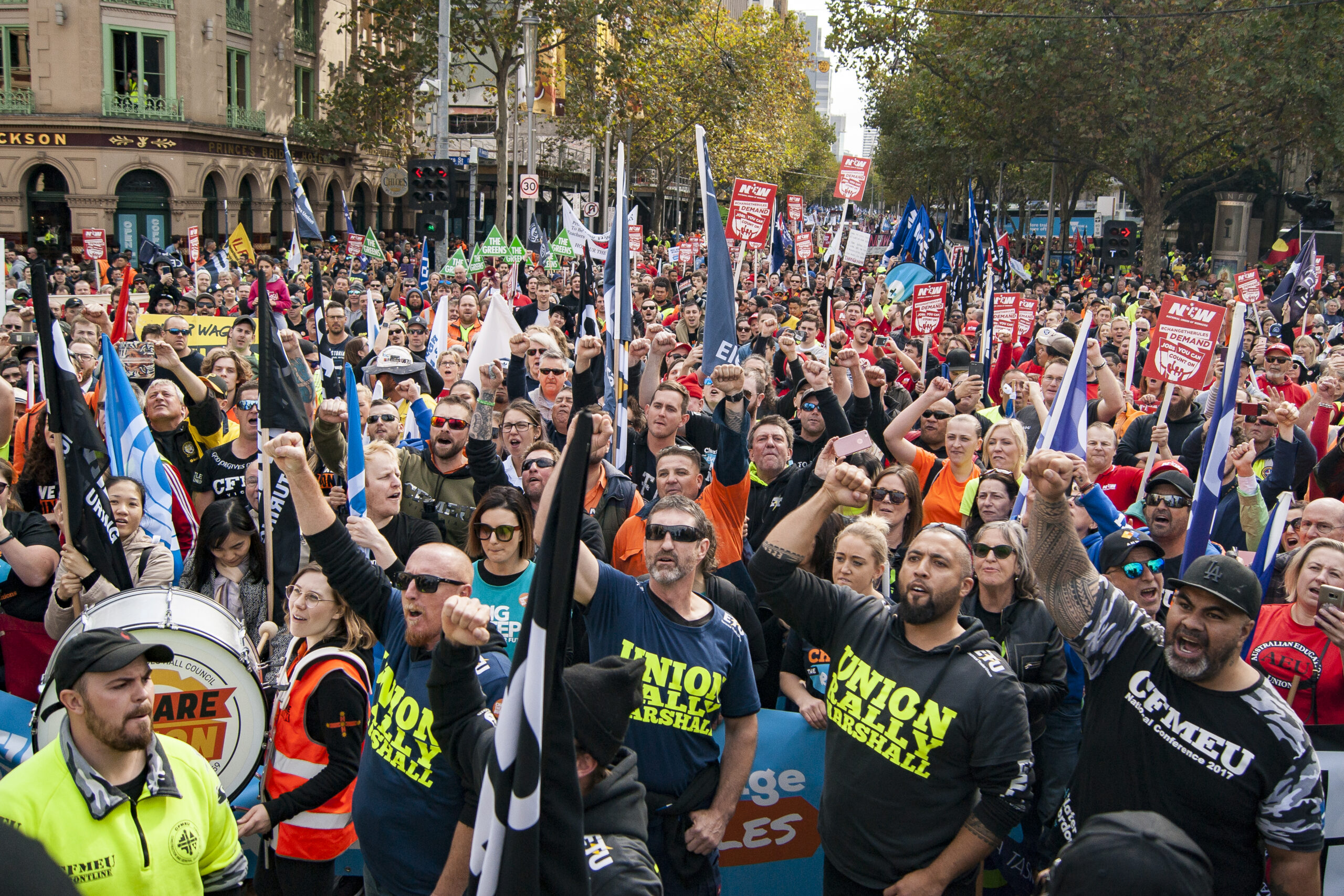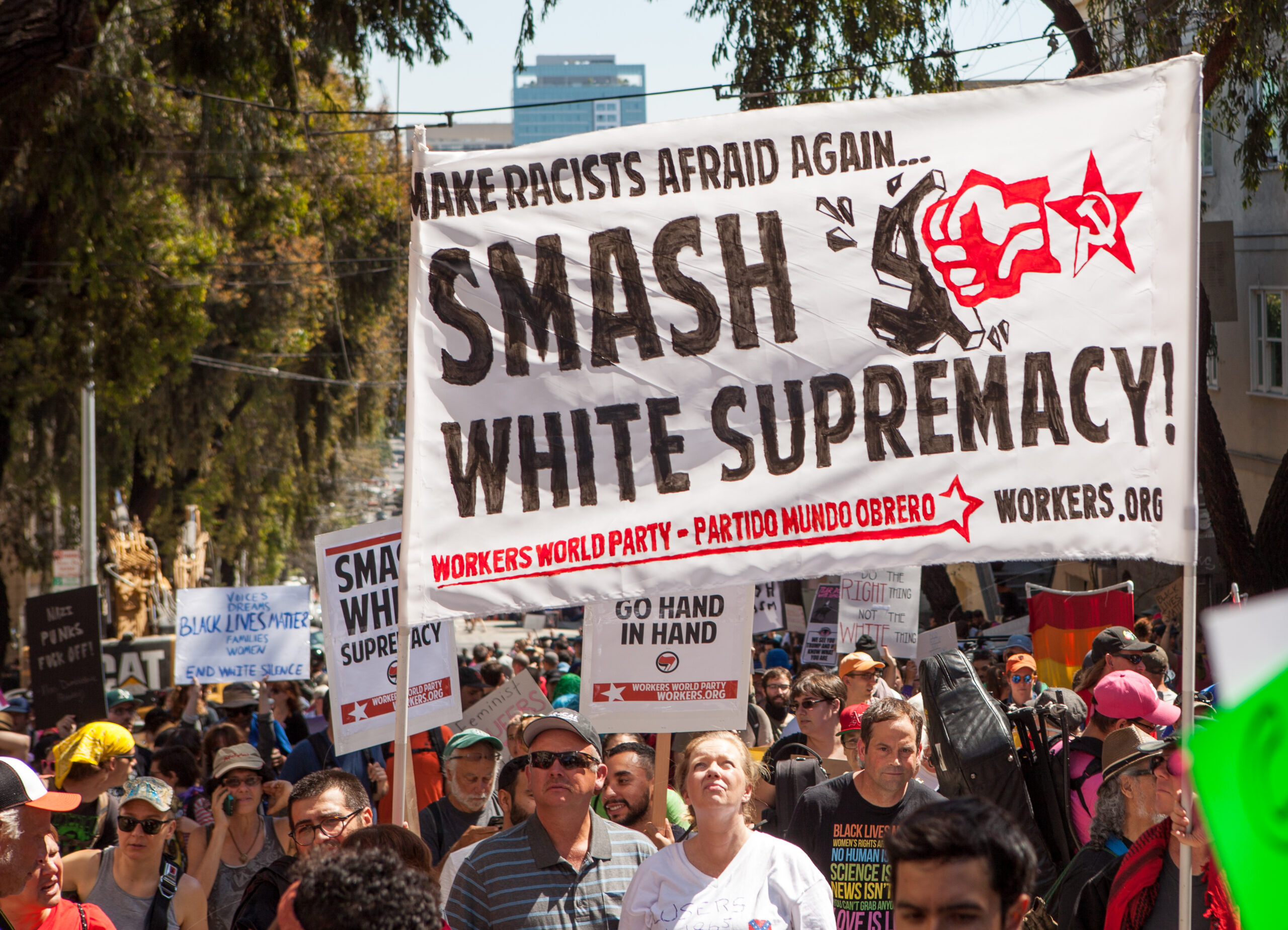War and profit go hand-in-hand. This relationship goes deeper than direct war profiteering, and deeper even than the scramble for resources like oil. Imperialism grows out of the workings of capitalism itself, and is an integral part of the capitalist system.
Imperialism is driven by three key workings of capitalism: competition, monopoly, and the relationship between capitalists and the state.
Capitalists are compelled to compete. They need to continually increase their profits at a higher rate than their opponents. Successful capitalist ventures expand, while the less successful are squeezed out of the market or swallowed up in buyouts. This leads to the growth of monopolies – large corporations that dominate whole industries or sectors of a national economy.
As capitalism develops, so does the relationship between capitalists and the state. The state assists businesses – they build infrastructure like roads, for example, which corporations need to operate, and they enforce property laws. Businesses in turn generate revenue for the state.
Competition does not stop once a national economy is dominated by a handful of large corporations. Instead, competition begins to spill out internationally, facilitated by states. Access to raw materials is one driver of this, but it is not the only one. Control of trade routes, access to labour, and access to new markets are all important. States are not merely puppets in this, with corporations pulling the strings. Rather, states come to have a shared interest with “their” corporations in expanding their markets and profits. Negotiations and trade deals are one part of this, but these are always backed up with the threat of violence.
Capitalist imperialism emerged in the late 19th century. Prior to this, heads of state had already lent a hand to wealth-driven violence, giving patronage to the colonial pillaging that made the development of industrial capitalism possible. With the development of imperialism, new state-corporation relationships were formed, and new forms of violence unleashed. These processes were fully realised in the bloodbath that was World War I. Amid a frenzy of nationalist myth-making, imperial powers carved up Europe and scrambled to dominate territories in Africa, Asia and beyond. New Zealand took part in this, first invading Samoa (controlled at that time by Germany), and then assisting with imperial projects in the Middle East. World War II built upon this imperialist conflict, culminating in the mass murders of the Holocaust and the bombings of Hiroshima and Nagasaki.
Imperialism creates hierarchies of nations. Once an imperialist power has subordinated another nation, they have the ability to shape that nation’s economy, setting up economic relations that enrich the imperialist nation at the other’s expense. This economic domination continues even when a nation has gained formal independence. Imperialism does not look like constant warfare, because once these hierarchies are established many tools can be used to maintain them: trade deals, diplomacy, even aid – all backed up by the threat of violence, as nations continue to pour money into their militaries. All of this is what is euphemistically called “International Relations”.
This situation is never stable. Competition between global and regional powers drives new imperial projects, and always threatens to spill over into violence. Not content to occupy a less advantageous position, lesser imperialist nations seek to expand and challenge the existing powers. Because they are challenging the existing hierarchy, imperial competitors (such as China today) and aspiring imperialist powers (like Russia) are framed by their rivals as the aggressors. The reality is that those at the top of the imperialist pecking order today – the USA and Western Europe – are no less violent, as is clearly shown by their history and current actions.
What does this mean for us? First, it means we need to get rid of the drive for profit in order to get rid of the drive for war. It also means we need to see through nationalist rhetoric that paints imperialist manoeuvring as polite or even benevolent. We need to reject militarism: it does not “protect” us as workers, it is the very thing that puts us in danger, as well as siphoning resources away from human need and towards the project of defending capitalists’ profits. We need to reject the project of picking which imperialist power to back. We support neither Washington nor Moscow nor Beijing. Nor, for that matter, do we support Wellington. Rejecting imperialism means rejecting nationalism, recognising that we have more in common with the workers of other nations than we do with the rulers of “our own” – and that one important thing we have in common is the need to put an end to the wars that threaten us all.









